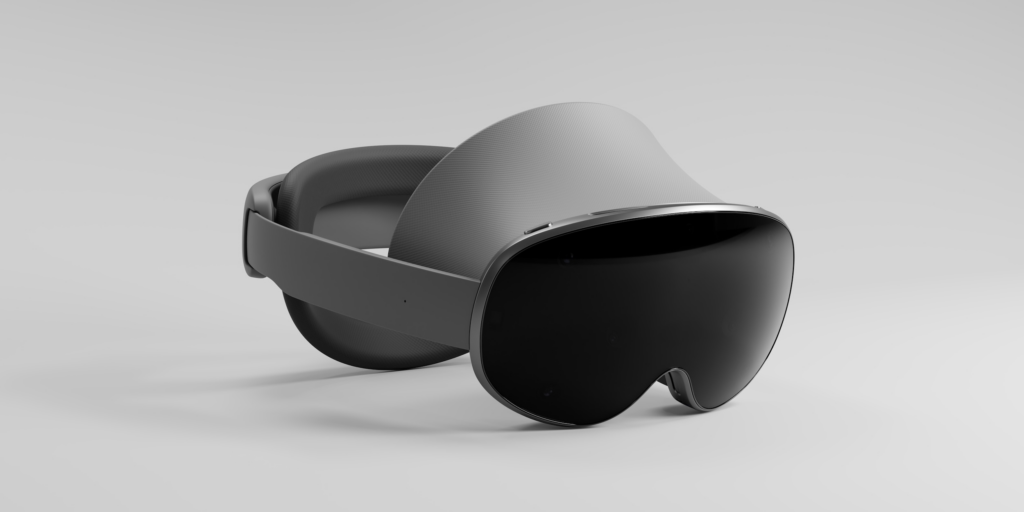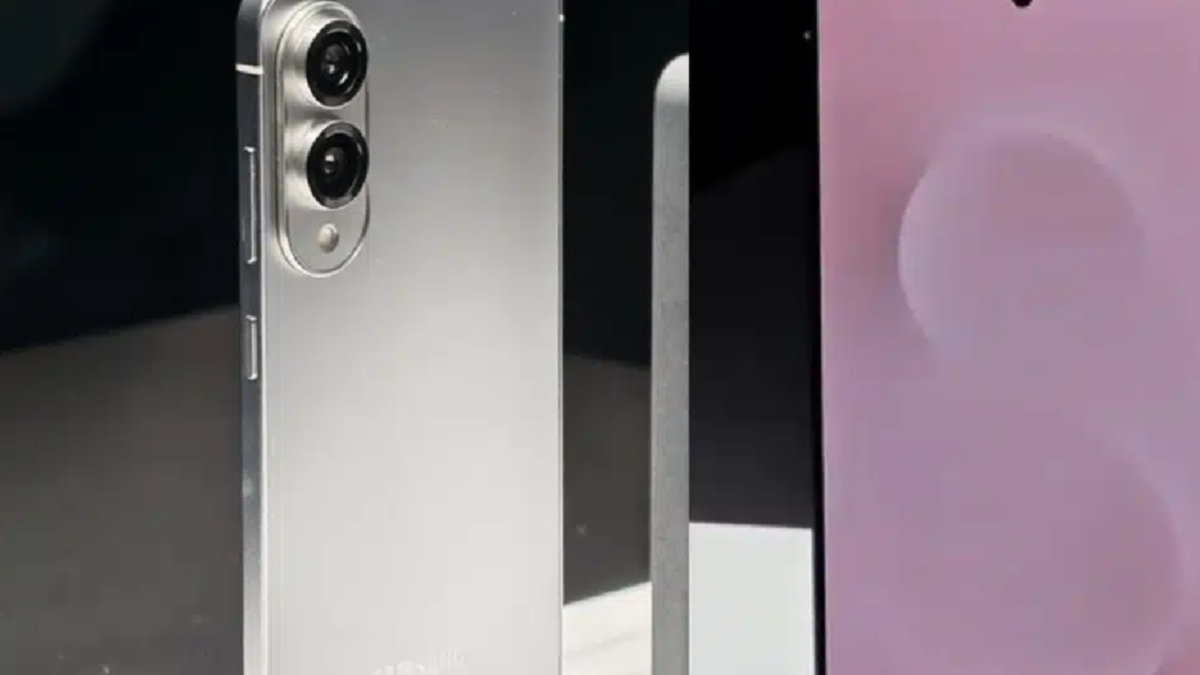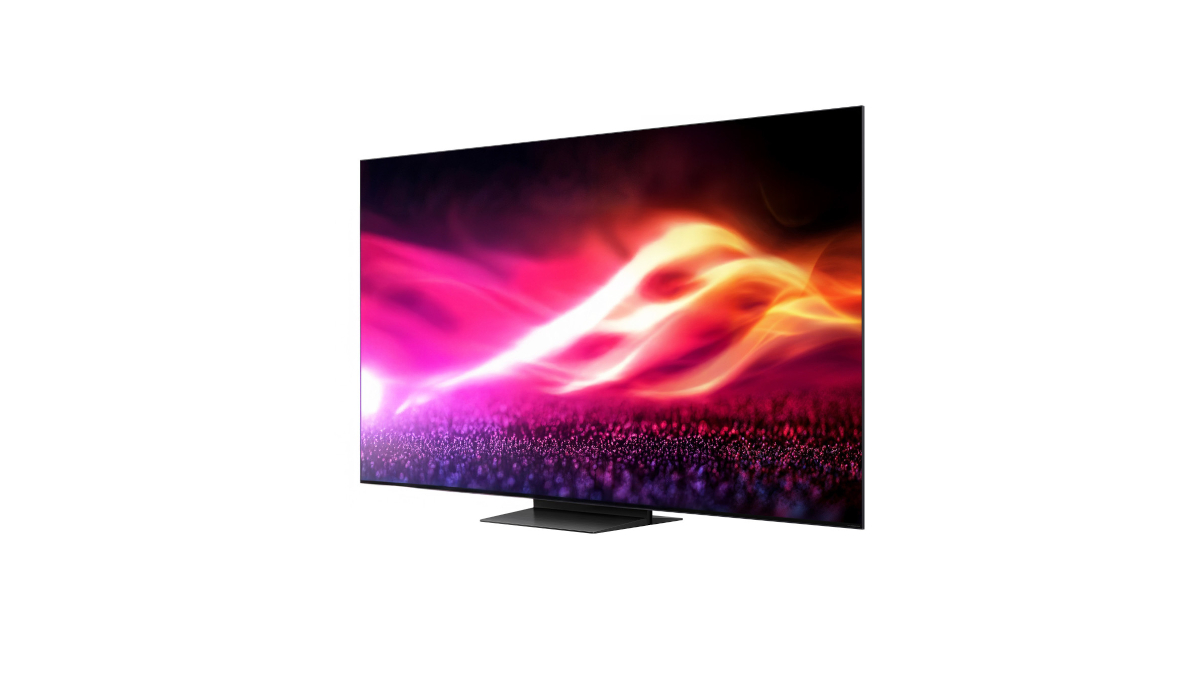Google and Samsung have taken a bold step into the future of mixed reality with the reveal of Project Moohan, the first hardware running on Google’s new Android XR platform. Touted as “the first platform built entirely for the Gemini era,” Android XR combines immersive technology with generative AI. Officially announced on December 12, 2024, Project Moohan is expected to hit the consumer market in 2025, ushering in a new era for AR and VR enthusiasts.
What Is Project Moohan?
Project Moohan is a mixed-reality headset that blends immersive experiences with practical applications. Its name, derived from the Korean word for “infinity,” hints at its limitless potential. The device offers features such as:
- Eye and hand tracking
- Voice query response
- Integration with generative AI via Google Gemini
This innovation marks Google’s reentry into the AR/VR space following past endeavors like Google Glass and Daydream VR. Samsung’s contribution ensures cutting-edge design and hardware capabilities.

Key Features of Android XR
The Android XR platform is central to Project Moohan’s functionality. It emphasizes:
- Customizability and Immersion: Users can rearrange floating app screens with gestures for a more intuitive experience.
- AI-Driven Interactions: Google Gemini integrates AI that perceives and reacts to the user’s environment.
- Native App Support: Popular apps like Gmail, Maps, Google TV, and YouTube are optimized for immersive use.
- Controller Compatibility: Android XR supports gesture-based control and external controllers for flexibility.
Developers can begin creating apps for Android XR using new APIs and an emulator. Partners such as Major League Baseball and Adobe have already started adapting their applications.
Project Moohan: A Hardware Deep Dive
While Samsung has kept some specs under wraps, here’s what we know:
| Feature | Details |
|---|---|
| Design | Sleek, gray with chrome accents |
| Display | High-resolution imaging |
| Power | Likely powered by Qualcomm Snapdragon XR2 |
| Comfort | Lightweight with foam padding |
The design hints at practical use with comfort in mind, featuring a single headband and optional battery placement at the back for balance.
AR Glasses: The Next Step?
Samsung and Google have also teased AR glasses during the announcement. These devices could rival the Ray-Ban Meta smart glasses, offering features such as:
- Onboard Gemini AI integration
- Turn-by-turn directions overlayed on Google Maps
Although no launch date has been confirmed, these glasses signify an ambitious roadmap for Google and Samsung’s XR ecosystem.
Competitive Edge: How Project Moohan Stands Out
Compared to Apple’s Vision Pro and Meta’s Quest, Project Moohan differentiates itself with its emphasis on generative AI. Gemini’s contextual awareness surpasses Siri’s capabilities, offering:
- Real-time environmental understanding
- Multimodal interactions for seamless control
Additionally, Android XR’s openness may attract developers eager to explore this ecosystem, unlike Apple’s more closed-off platform.
Potential Challenges
Despite its promise, Project Moohan faces hurdles, including:
- Lack of detailed specifications
- Competitive pricing pressures
- High consumer expectations following earlier AR/VR disappointments
What’s Next?
Starting today, developers can access Project Moohan development kits. With big-name partners on board, the platform’s early ecosystem is poised for growth. If successful, Android XR and Project Moohan could redefine the mixed-reality market by 2025.
Conclusion
The collaboration between Google and Samsung promises to unlock infinite possibilities in mixed reality. With Project Moohan’s innovative hardware and the robust Android XR platform, the Gemini era is just beginning. As developers and consumers embrace this vision, 2025 could be the breakthrough year for the mass-market adoption of AR and VR technologies.
Discover more from NewForTech
Subscribe to get the latest posts sent to your email.




